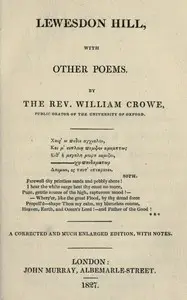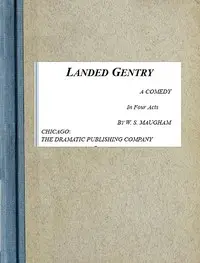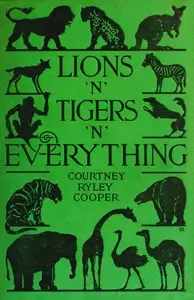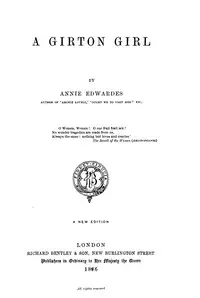"The Ordeal of Richard Feverel: A History of a Father and Son" by George Meredith is a tale from the 1800s that examines the tangled bond between Sir Austin Feverel and his son, Richard, while they face challenges involving love, responsibility, and what society expects of them. The story is really about what happens when someone tries to force strict rules and beliefs on a young person as they grow up. The book starts by showing us the characters at Raynham Abbey, especially Sir Austin Feverel, who is a rich but unhappy man because of things that happened in his past. We find out about his relationships with his wife and his friend, Denzil Somers, and how his wife being unfaithful leaves him all alone with his baby son. As Richard gets closer to being fourteen, the story suggests that there will be a big fight coming between Richard wanting to be his own person and his father wanting to control him. This beginning part of the book gets ready for the main ideas about love, figuring out who you are, and how hard it is for parents to help their kids in a confusing world.

The Ordeal of Richard Feverel: A History of a Father and Son
By George Meredith
When a father attempts to mold his son's life through strict principles, both face a tumultuous journey filled with heartbreak and rebellion.
Summary
About the AuthorGeorge Meredith was an English novelist and poet of the Victorian era. At first, his focus was poetry, influenced by John Keats among others, but Meredith gradually established a reputation as a novelist. The Ordeal of Richard Feverel (1859) briefly scandalised Victorian literary circles. Of his later novels, the most enduring is The Egoist (1879), though in his lifetime his greatest success was Diana of the Crossways (1885). His novels were innovative in their attention to characters' psychology, and also portrayed social change. His style, in both poetry and prose, was noted for its syntactic complexity; Oscar Wilde likened it to "chaos illumined by brilliant flashes of lightning". Meredith was an encourager of other novelists, as well as an influence on them; among those to benefit were Robert Louis Stevenson and George Gissing. Meredith was nominated for the Nobel Prize in Literature seven times.
George Meredith was an English novelist and poet of the Victorian era. At first, his focus was poetry, influenced by John Keats among others, but Meredith gradually established a reputation as a novelist. The Ordeal of Richard Feverel (1859) briefly scandalised Victorian literary circles. Of his later novels, the most enduring is The Egoist (1879), though in his lifetime his greatest success was Diana of the Crossways (1885). His novels were innovative in their attention to characters' psychology, and also portrayed social change. His style, in both poetry and prose, was noted for its syntactic complexity; Oscar Wilde likened it to "chaos illumined by brilliant flashes of lightning". Meredith was an encourager of other novelists, as well as an influence on them; among those to benefit were Robert Louis Stevenson and George Gissing. Meredith was nominated for the Nobel Prize in Literature seven times.



















